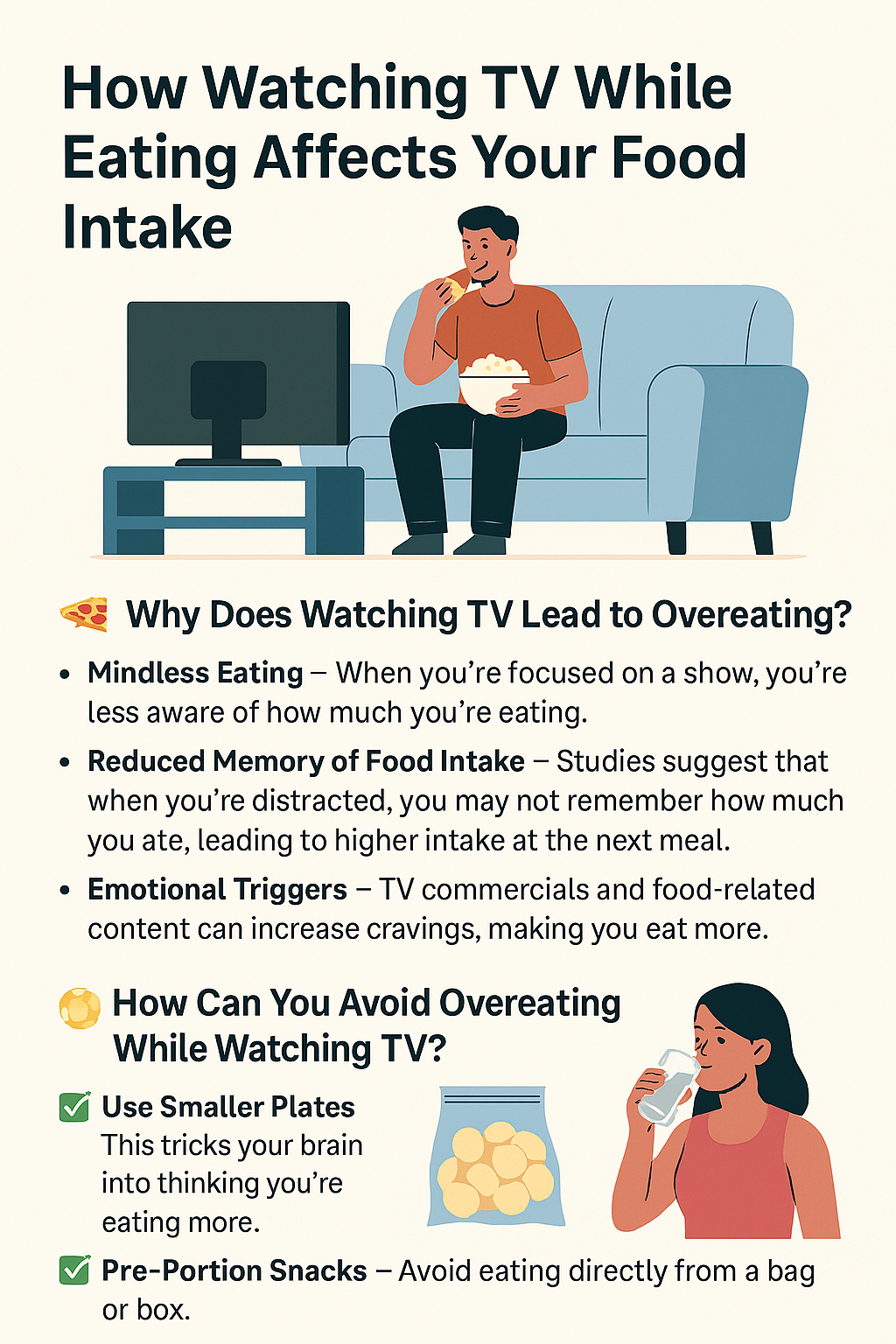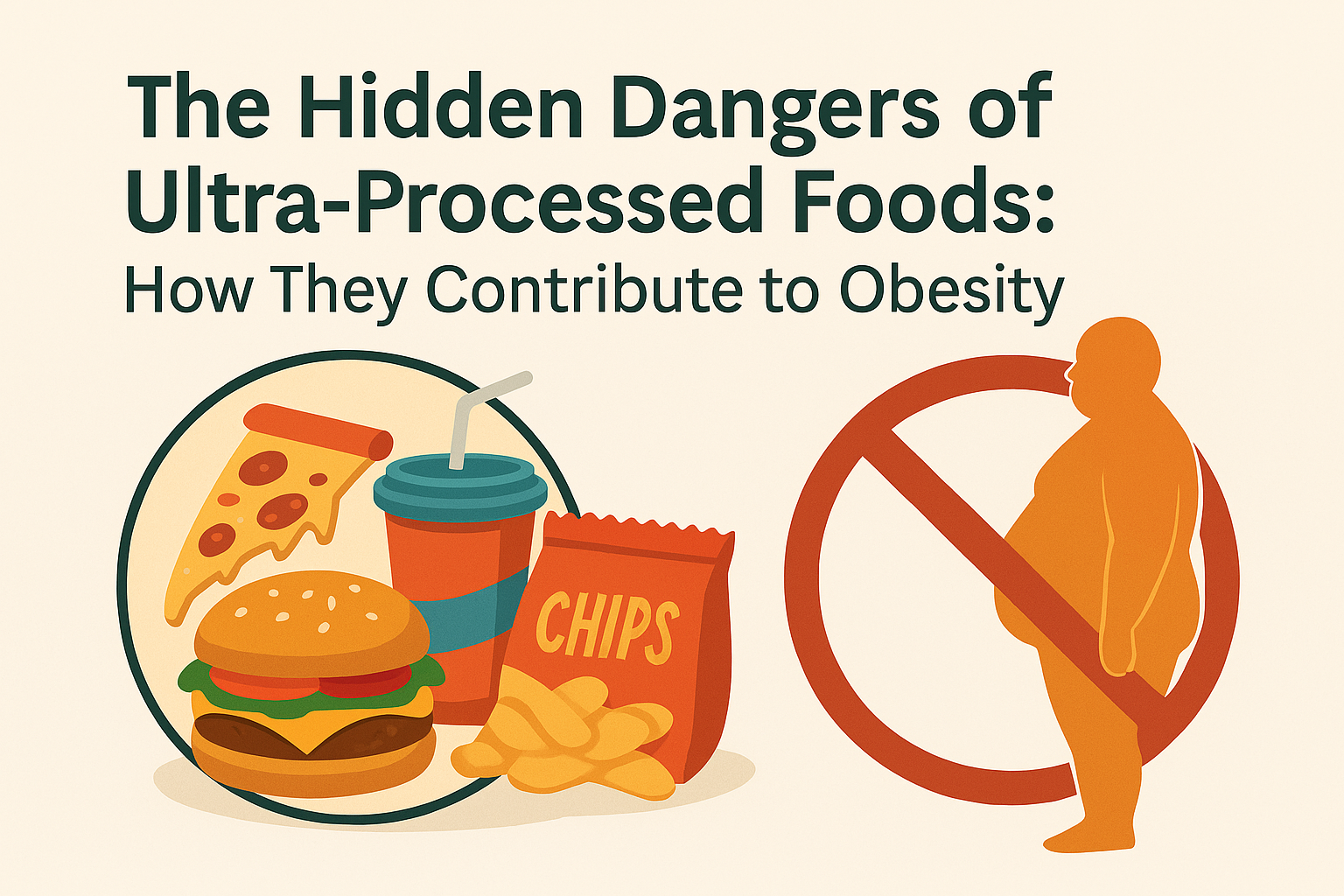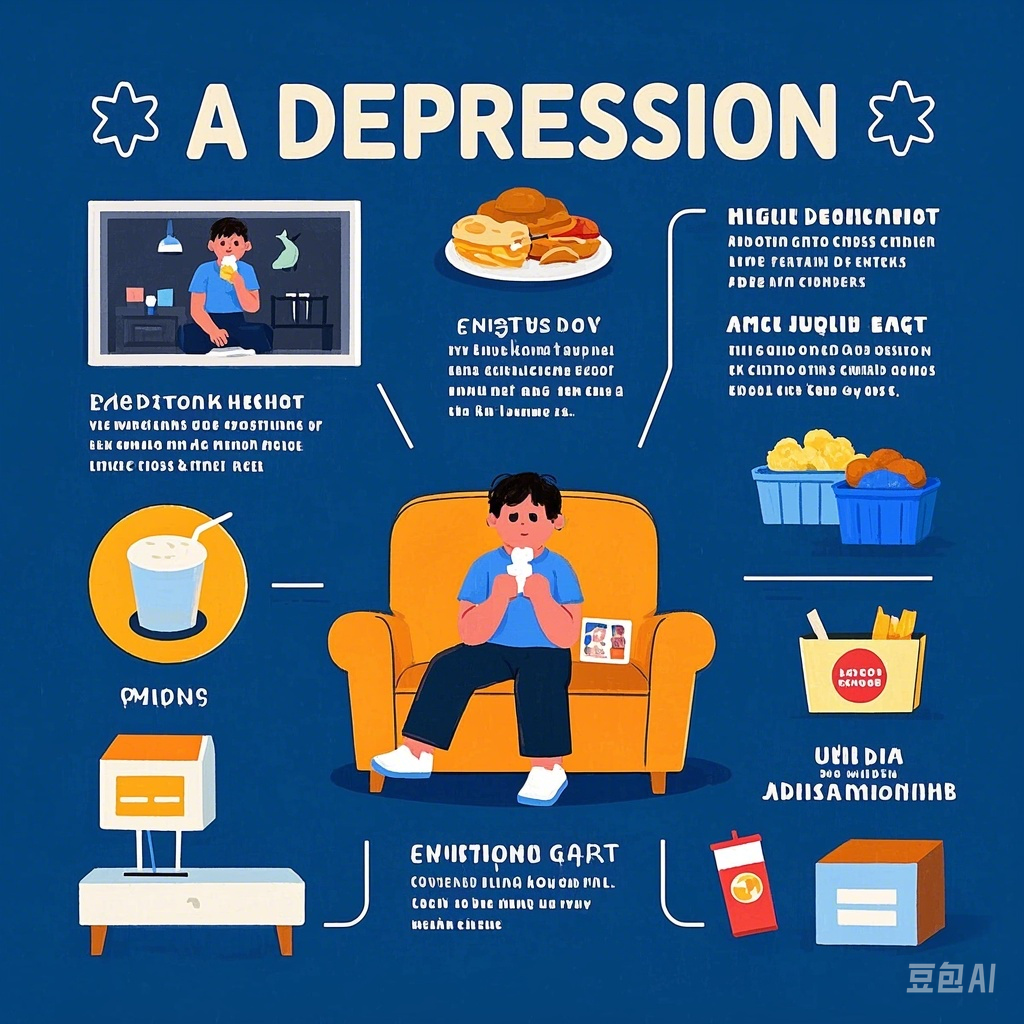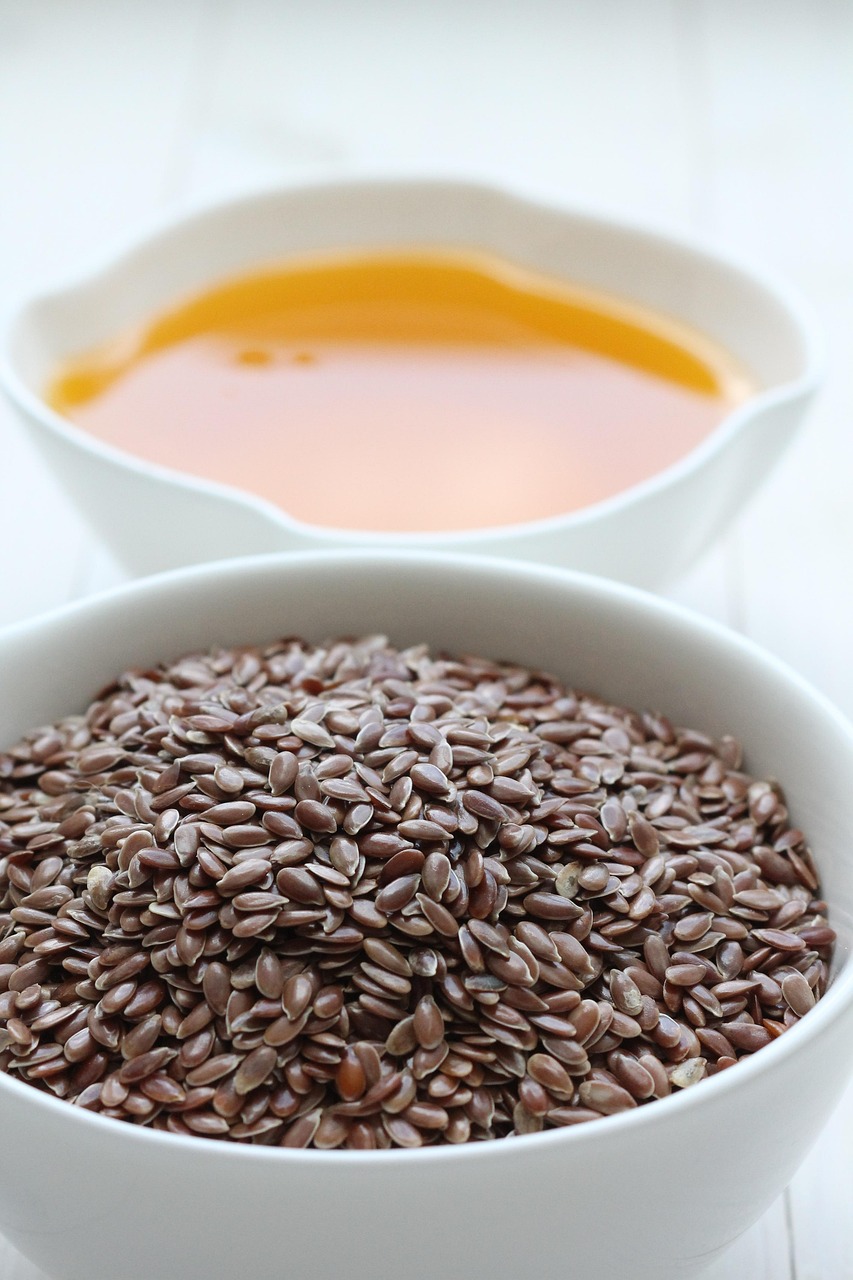The Health Impact of Coffee: A Balanced Look
Coffee enthusiasts often reach for their daily cup without giving much thought to its potential health effects, whether positive or negative. Over the years, coffee has been the subject of intense debate. In 1991, the World Health Organization listed coffee as a potential carcinogen, but by 2016, studies cleared it of any direct cancer link. Research found that, in fact, regular coffee consumption was associated with a decreased risk of certain cancers, especially when factoring in smoking history. As more studies accumulate, it's becoming clear that coffee, when consumed in moderation, offers several health benefits. However, the question remains: why did one U.S. state in 2018 impose a cancer warning label on coffee? Let’s take a deeper look at the complexities surrounding this beloved beverage.
What’s Inside Your Cup: Coffee and Its Chemical Makeup
Coffee is far more than just a pick-me-up. It contains over a thousand compounds, and the final drink’s properties depend on various factors such as the type of beans, the roasting process, the grind size, and the brewing method. The effects of coffee can vary significantly from person to person. For some, moderate caffeine intake (50-300 mg) enhances alertness and focus, while for others, it can lead to negative side effects like anxiety or insomnia. Nonetheless, the overall evidence suggests that coffee consumption has health benefits.
Coffee and Cancer: What’s the Evidence?
Coffee can influence cancer in various ways, from the initiation of cancer cells to their destruction. Some studies suggest that coffee stimulates bile acid production, which aids digestion and reduces carcinogen exposure in the colon. Other polyphenols found in coffee have demonstrated cancer-fighting properties in animal studies. Additionally, coffee consumption has been linked to reduced estrogen levels, which may lower the risk of certain cancers. However, concerns arose in California in 2018, when a chemical in coffee called acrylamide was flagged for potentially increasing cancer risk. Acrylamide is formed during the roasting process, and while it’s also found in other foods like French fries and cookies, it hasn’t been proven to cause cancer in humans. Despite this, California passed legislation requiring coffee to bear a cancer warning. Experts in cancer research, however, dispute this, pointing out the differences between animal studies and real-world human consumption. Furthermore, coffee’s known health benefits, such as its antioxidant properties, likely help reduce cancer risk.

Coffee’s Role in Type 2 Diabetes
While caffeine can cause a temporary rise in blood sugar levels, habitual coffee drinkers have been shown to have a lower risk of developing type 2 diabetes. The polyphenols and minerals like magnesium in coffee may help improve insulin sensitivity and glucose metabolism. A meta-analysis involving over 45,000 individuals found that drinking coffee reduced the risk of diabetes. Those who consumed six cups a day had up to a 33% lower risk compared to non-drinkers. Interestingly, decaffeinated coffee also showed a positive impact on reducing diabetes risk.
Coffee and Heart Health: More Than Just a Stimulant
Caffeine, a stimulant, can cause adverse effects such as anxiety and heart palpitations in sensitive individuals. Yet, moderate coffee consumption is linked to a lower risk of heart disease and stroke. Unfiltered coffee, like French press or Turkish coffee, contains diterpenes that can raise cholesterol levels, whereas filtered coffee has minimal amounts of these substances. Studies, such as the Nurses’ Health Study, have shown that drinking 4 or more cups of coffee daily may lower stroke risk by 20%. Similarly, regular coffee drinkers have been found to have a reduced risk of heart disease, with moderate consumption associated with a 21% lower risk of cardiovascular disease-related deaths.
Neurodegenerative Diseases: A Potential Protective Effect
Research suggests that caffeine may lower the risk of Parkinson’s disease (PD) by protecting dopamine-producing cells in the brain. Studies have consistently shown that higher caffeine intake is associated with a reduced risk of PD. Moreover, coffee consumption in midlife has been linked to a decreased risk of Alzheimer’s disease, although more research is needed to confirm these findings.
The Bottom Line: Coffee’s Health Benefits
Numerous studies indicate that moderate coffee consumption—typically 3 to 5 cups per day—is linked to a lower risk of chronic diseases, including heart disease, type 2 diabetes, and even certain cancers. However, it’s important to note that some individuals may experience negative side effects, such as anxiety or sleep disturbances, from higher caffeine intake. Pregnant women are advised to limit caffeine consumption to 200 mg per day (about two cups of coffee) due to potential risks to the fetus. It’s also worth considering how you enjoy your coffee. Beverages loaded with sugar, cream, or flavored syrups may negate some of the health benefits associated with black coffee.












